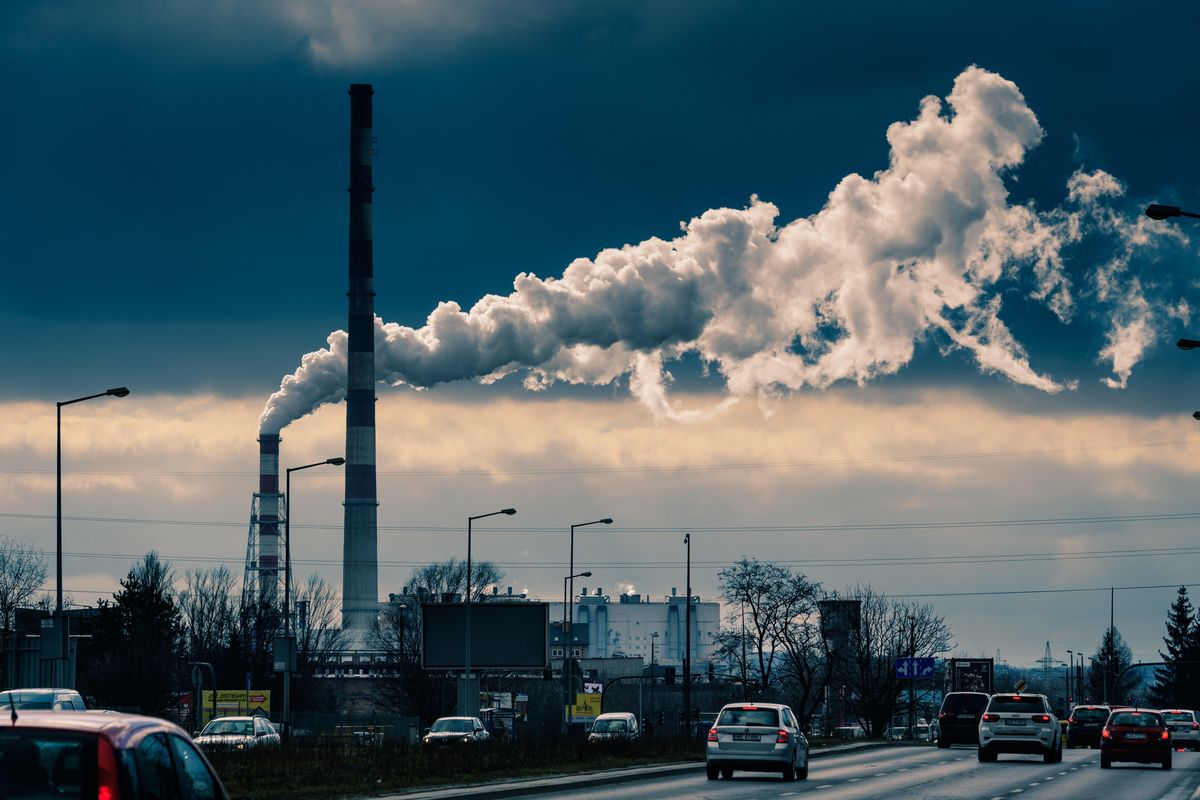How do we bring an end to the environmental “blah, blah, blah”?
COP26 needs a very different approach to climate change discussions if we are going to talk our way to success

When I was a young man playing rugby, I was in an environment where I felt (rightly or wrongly) that it was only socially acceptable to be straight, so I pretended! It may not have been particularly healthy for my personal wellbeing, but it didn't take long to learn what to say and how to behave in order to convince those around me. And it worked pretty well! So much so that when one of my teammates later met my boyfriend at a wedding, he famously said to the bride and groom that I "couldn't possibly be gay because he played rugby with me for years!"
So why is this little anecdote so relevant to COP 26? Well… because if a shy, introverted gay boy can pull off being straight, then it is not exactly hard for politicians with their armies of speech writers, advisers and spin doctors to pretend to be green. And that is what many of them are doing!
It is clear that this is hugely aggravating to many people. Prince William was moved to say that:
"We can't have more clever speak, clever words but not enough action."
And Greta Thunberg did a wonderful speech at the Youth4Climate conference in Milan, knocking the hollow "blah, blah, blah" statements that are rolled out as politicians compete with each other to say things that sound incredibly grand but mean absolutely nothing. She added that:
"Our hopes and ambitions drown in their empty promises."
These comments reflect the overwhelming sense of frustration at our politicians' willingness to make promises that turn into nothing, to say one thing to a green summit and then something different to their voters, or to just ignore the science and to avoid the debate.
But is it really the fault of our political leaders? We have created an environment where only one opinion is socially acceptable, and it is therefore absolutely no surprise they are pretending! Rather than blame the leaders for their "blah, blah, blah" statements, we need to realise that that is purely a reflection of the one-dimensional echo chamber that we have created.
In an article about the summit, Andrew Rawnsley wrote that:
"A key role of the host is to charm and cajole other governments to do dramatically better at cutting their output of greenhouse gases."
How depressing! Is cajoling really the answer? If we actually want to solve the problems that we are facing and to find solutions, then shouldn't we be facilitating some deep and honest conversations? If countries or leader are not convinced by the forecasts of doom, then shouldn't we be trying to understand why? If leaders don't believe that their voters are ready to make any big sacrifices, then don't we need to explore the reasons for this? If countries want to prioritise their economic growth over the environmental impact, then shouldn't we listen to why they are making that choice?
These are the conversations that I want to hear, because these doubts and concerns reflect the opinion in broader society. We may not want to admit it, but huge numbers think the forecasts of doom are overstated, are not prepared to give up things or make major changes to their lifestyle, or just think that there are bigger problems facing them in their day-to-day lives. We are not going to solve our global problems if we close our eyes and ears to this broad church of opinion. We are not going to solve problems if the cynics are not engaged, or worse still, not even at the table. And we are not going to solve problems if saying the right thing is valued more highly than speaking the truth.
So rather than lambast those who make hollow statements, it is down to the rest of us to create the atmosphere where pretending does not seem like the best strategy. We should encourage honesty, allow all opinions to be voiced and actively listen to both sides of the argument. We should shift the focus away from those who already believe to those who are less convinced, taking the time to discuss, digest, analyse and understand their concerns and reservations and trying to find ways to overcome them. This is the only way we are going to deliver on the big commitments that are so needed.
If we can get this balance into COP 26, changing its focus from a round of political grandstanding into a summit of honest conversation and problem solving, then maybe we have a chance of making something happen. I am an absolute believer in the power of discussion to solve the most complex problems and there is no doubt that we can unleash that power on to the issues of climate change. But it needs an authentic conversation and an intellectual debate, and at present, that is sadly lacking. We don't currently have these discussions as everything goes one way, with the consequence that half the great minds are focused on telling the non-believers how stupid they are and the other half are focused on building their defences. Let's use COP 26 to change that and get all of the great minds focused on solving the problem. This means abandoning the temptation to just criticise the doubters and to cajole people into pretending that they care, and triggering the start of honest debate, where we listen to both sides and leverage the power of diverse opinions to come up with the best answers.
James Wyatt
Author of The Art of Discussion


